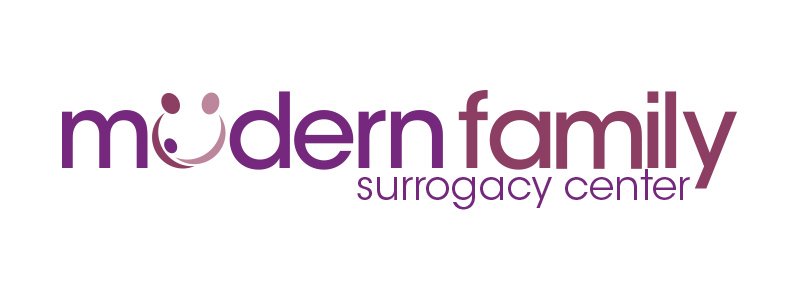Why Are People Against Surrogacy?
Surrogacy has become a topic of considerable debate in recent years. While it offers hope for individuals struggling with infertility or medical conditions that prevent pregnancy, there are several reasons why some people are against surrogacy. Let's explore these concerns and dispel common myths, ultimately highlighting the positive aspects of surrogacy.
Exploitation of Women: One of the primary arguments against surrogacy is that it can exploit women, particularly those from economically disadvantaged backgrounds. Critics argue that women may be coerced or financially motivated into becoming surrogates, leading to concerns about their autonomy and well-being. However, it's essential to recognize that in regulated surrogacy arrangements, the rights and welfare of the surrogate are protected through legal agreements and medical oversight. Surrogates willingly enter into these agreements and are compensated for their time, effort, and the physical demands of pregnancy.
Concerns about Emotional Impact: Another common concern is the emotional impact of surrogacy on both the surrogate and the intended parents. Critics worry that surrogates may experience psychological distress from carrying a child that is not genetically theirs, or they may struggle with relinquishing the baby after birth. Similarly, there are concerns about the emotional well-being of intended parents, including attachment issues and feelings of guilt or inadequacy. While these concerns are valid, they are not inherent to surrogacy itself. With proper counseling and support throughout the process, surrogates and intended parents can navigate these emotional challenges successfully.
Ethical Considerations: Surrogacy raises complex ethical questions, particularly regarding the commodification of reproduction and the potential for exploitation. Some argue that surrogacy reduces pregnancy to a commercial transaction, where women's bodies are treated as a means to an end. Additionally, there are concerns about the possibility of selective surrogacy, where intended parents may choose surrogates based on specific traits or characteristics, raising issues of discrimination and inequality. However, it's essential to distinguish between ethical concerns related to unregulated surrogacy practices and the ethical principles upheld in regulated and transparent surrogacy arrangements.
Legal Ambiguity: Surrogacy laws vary widely across different countries and jurisdictions, leading to legal ambiguity and potential complications. In some regions, surrogacy is heavily regulated or outright banned, while in others, it is permitted with certain restrictions. This patchwork of laws can create uncertainty for intended parents, surrogates, and children born through surrogacy, particularly concerning parental rights, citizenship, and immigration. However, efforts to establish clear and comprehensive surrogacy legislation can address these legal challenges and provide much-needed guidance and protection for all parties involved.
Dispelling Myths:
Exploitation vs. Empowerment: While concerns about exploitation are valid, it's essential to recognize that many surrogates view their participation as an empowering and altruistic act. Surrogacy allows women to help others achieve their dream of parenthood while receiving compensation for their time and effort. By empowering surrogates with agency, support, and fair compensation, we can mitigate the risk of exploitation and ensure that surrogacy remains a positive and mutually beneficial option for all involved.
Emotional Well-being: While surrogacy can be emotionally challenging, particularly for the surrogate and intended parents, it's not inherently detrimental to mental health. With the right support systems in place, including counseling, peer support groups, and clear communication between all parties, surrogacy can be a rewarding and fulfilling experience. Many surrogates and intended parents form lasting bonds and cherish the role they played in creating a family.
Ethical Framework: Rather than viewing surrogacy solely as a commercial transaction, we should approach it within an ethical framework that prioritizes the well-being and rights of all parties involved. This includes ensuring that surrogates are fully informed, consenting adults who are treated with dignity and respect throughout the process. By upholding principles of autonomy, justice, and beneficence, we can mitigate ethical concerns and promote ethical surrogacy practices.
Surrogacy as a Positive Option:
Despite the controversies and challenges associated with surrogacy, it remains a valuable and positive option for individuals and couples struggling with infertility or medical conditions that prevent pregnancy. Surrogacy offers hope and the possibility of creating a family where traditional means of conception are not possible. By addressing concerns, dispelling myths, and establishing clear guidelines and regulations, we can ensure that surrogacy continues to provide a pathway to parenthood that is ethical, empowering, and inclusive. Ultimately, surrogacy exemplifies the compassion, generosity, and resilience of the human spirit in overcoming adversity and building families filled with love and joy.




